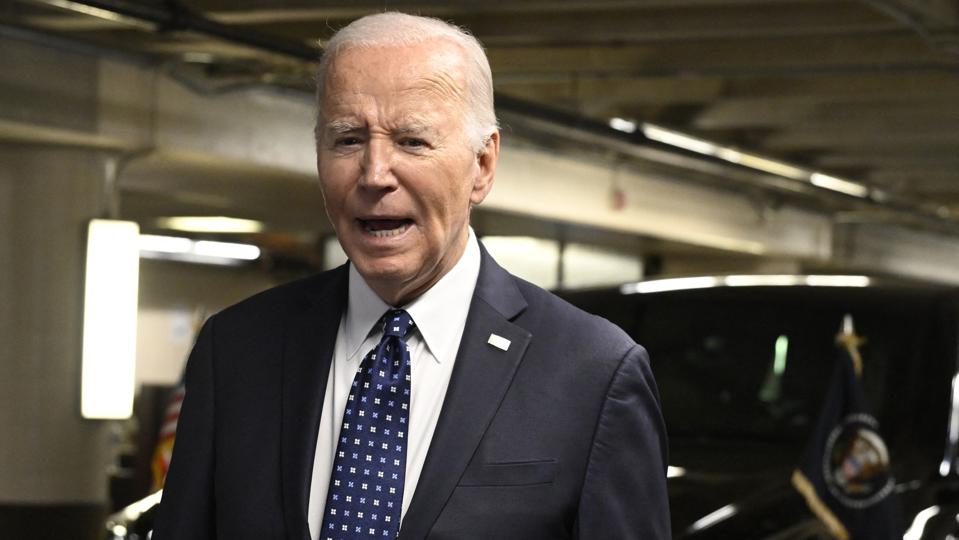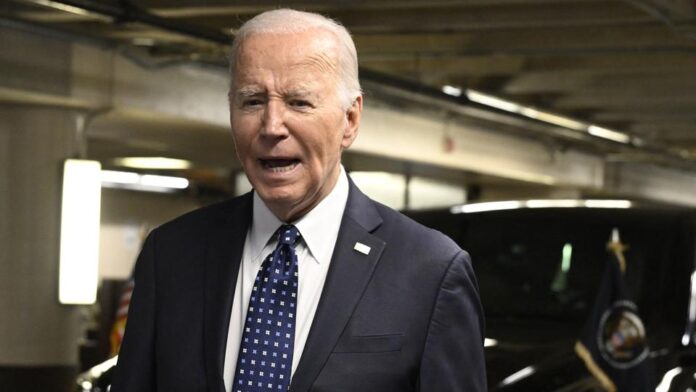
In a concerted effort to ratchet up pressure on Moscow, the United States and the European Union have unleashed a fresh wave of sanctions against Russia, marking the second anniversary of the Ukraine invasion and in response to the recent death of Kremlin critic Alexei Navalny.
U.S. President Joe Biden announced on Friday a sweeping set of sanctions targeting over 500 entities in Russia, the largest single tranche since the onset of the conflict. These measures aim to impose consequences for Navalny’s demise in prison, labeling it as a direct consequence of Putin’s regime. Biden emphasized the severity of the sanctions, which will encompass individuals linked to Navalny’s incarceration, as well as key sectors of Russia’s economy, including the financial and defense industries.
“These sanctions will ensure Putin pays an even steeper price for his aggression abroad and repression at home,” President Biden stated in a released statement.
Simultaneously, the European Union unveiled its own set of punitive measures against approximately 200 entities accused of aiding Russia in procuring weapons and alleged involvement in the abduction of Ukrainian children, actions vehemently denied by Moscow. The EU’s sanctions list includes ten Russian entities involved in the transfer of North Korean weaponry to Russia, an act of significant concern given North Korea’s volatile geopolitical stance.
Amidst escalating tensions, Russia responded by expanding its list of EU officials and lawmakers barred from entering the country, dismissing the EU’s sanctions as futile attempts to coerce Russia through unilateral restrictive measures.
Biden’s condemnation of Putin’s regime extends beyond Navalny’s death. The U.S. president has explicitly held Putin accountable for Navalny’s demise, echoing sentiments expressed during a private meeting with Navalny’s widow and daughter in California. Biden described Navalny as a man of “incredible courage” and signaled Washington’s intent to impose additional sanctions on Iran over its support for Russia’s incursion into Ukraine, particularly if Iran were to sell ballistic missiles to Moscow.
The urgency to bolster support for Ukraine has intensified as the conflict escalates. Biden reiterated calls for Congress to approve new military aid to Ukraine, a plea met with resistance from some quarters. House Speaker Mike Johnson has thus far declined to bring the aid package to a vote, drawing criticism from Biden and others who underscore the significance of backing Ukraine in its struggle against Russian aggression.
Recent developments on the ground underscore the urgency of the situation. Ukrainian forces retreated from Avdiivka in the eastern Donetsk region due to ammunition shortages, marking a significant territorial gain for Russia, its first since May. Biden’s message to Congress was clear: “History is watching. The failure to support Ukraine at this critical moment will not be forgotten.”
Sources By Agencies



